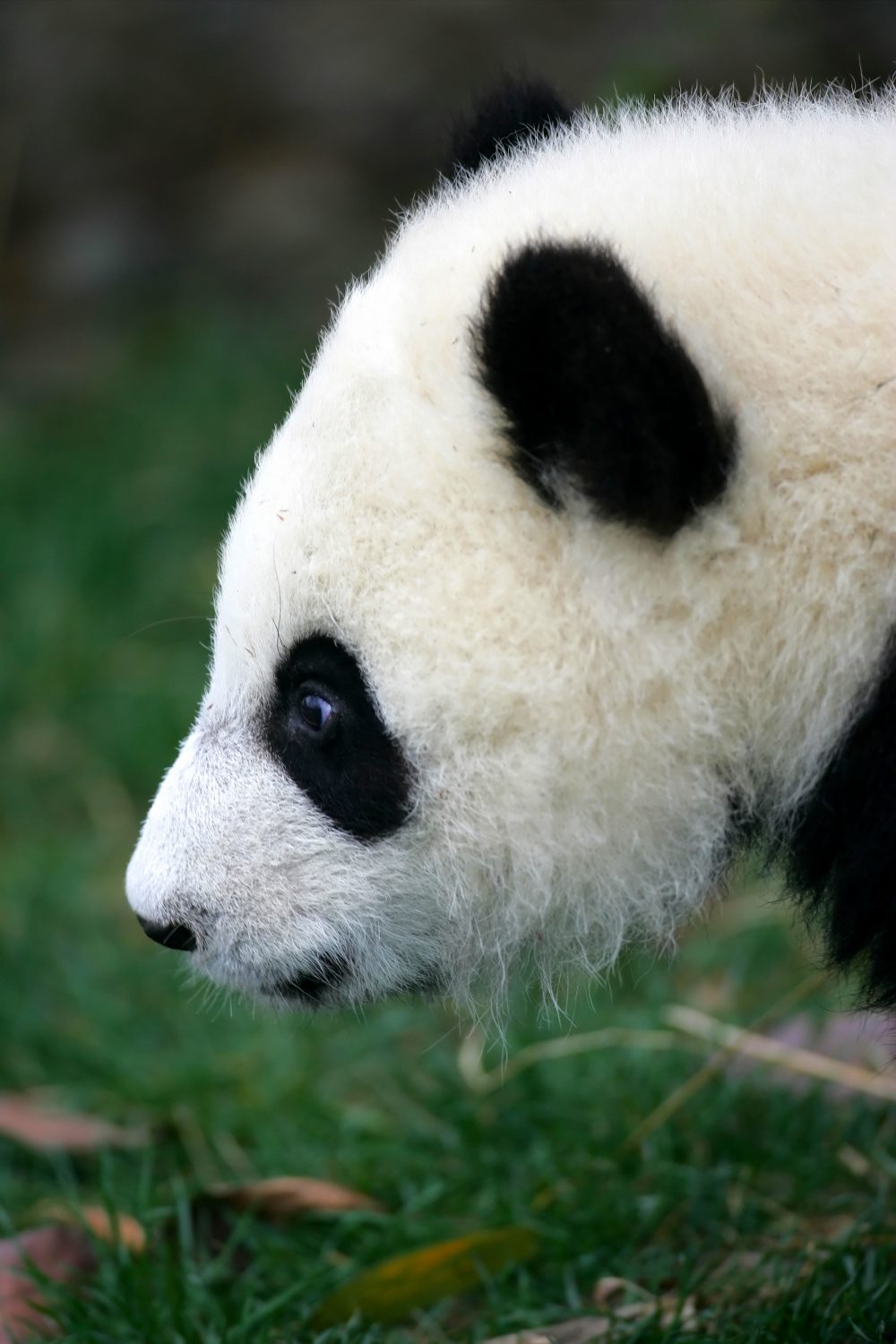In times of crisis, the fear of China grows. Recent studies and researches prove that the nation is more seen as a dangerous Dragon rather than a friendly Panda. The ambivalent and sometimes positive perception toward China over the past few years has turned an unpleasant twist. Now more viewers of different countries easily associate China with a threat. Gone are the times of a perceived friendly country who is ready to supply good products at a cheap price. At that period, China was a treasure both for consumers and distributors. The image is now fading, giving space to somewhat more worrisome: a country with unfair competition, violating labour and environmental standards, taking advantage from an artificially low currency.
For two Asian giants – Japan and India – the animosity toward China is traditional; there’s nothing new about that. The recent image deterioration occurred in the industrialized countries, namely North America and Europe. There, the image of a cold and pragmatic China is prevailing. It is considered the ideal place for delocalization. Domestic companies find difficult to sell at home and abroad. So, they revert to transfer the production sites to China. In addition, the old perceptions remain, related to quality of products, counterfeiting, and food safety. Not surprising, China finds its lowest reputation in Italy, a country shows more concern about health and food than anywhere else in the world. Finally, the criticism for China’s human rights issue and the freedom of expression is still widespread.
Why these perceptions became heavier for China? Right or wrong, this image is closely connected with the crisis. China is mainly perceived from an economic lens. At least, the general public knows more about the mighty China who breaks all record, than the old society with a splendid heritage of history and arts. An old and glorious civilization is often sacrificed for spreading news exclusively oriented to business. But in an era of crisis, the economy scares. It gives uncertainty and fear, commonly associated with China’s rise. Beijing knows well this situation is not entirely based on false perceptions.
For many years, its main concern was to grow, at any cost. China’s projection was given solely to the GDP’s growth. The outcome was glorious: consent internally, and respect internationally. But it did not conquer the hearts and minds of the globalized community. When the crisis came, Beijing was held as responsible, rather than a solution to it. The country faces now a new task: to diffuse a friendlier image, a more reassuring perception. It will not an easy task. Time is of essence. Finally, new approaches are to be adopted for shifting from the might of hard power to the sophistication of soft power. To change the perception, China should forget the steel plants, the automotive and the soaring statistics and work on culture and leisure, which might prove even more successful.



















Lascia un commento